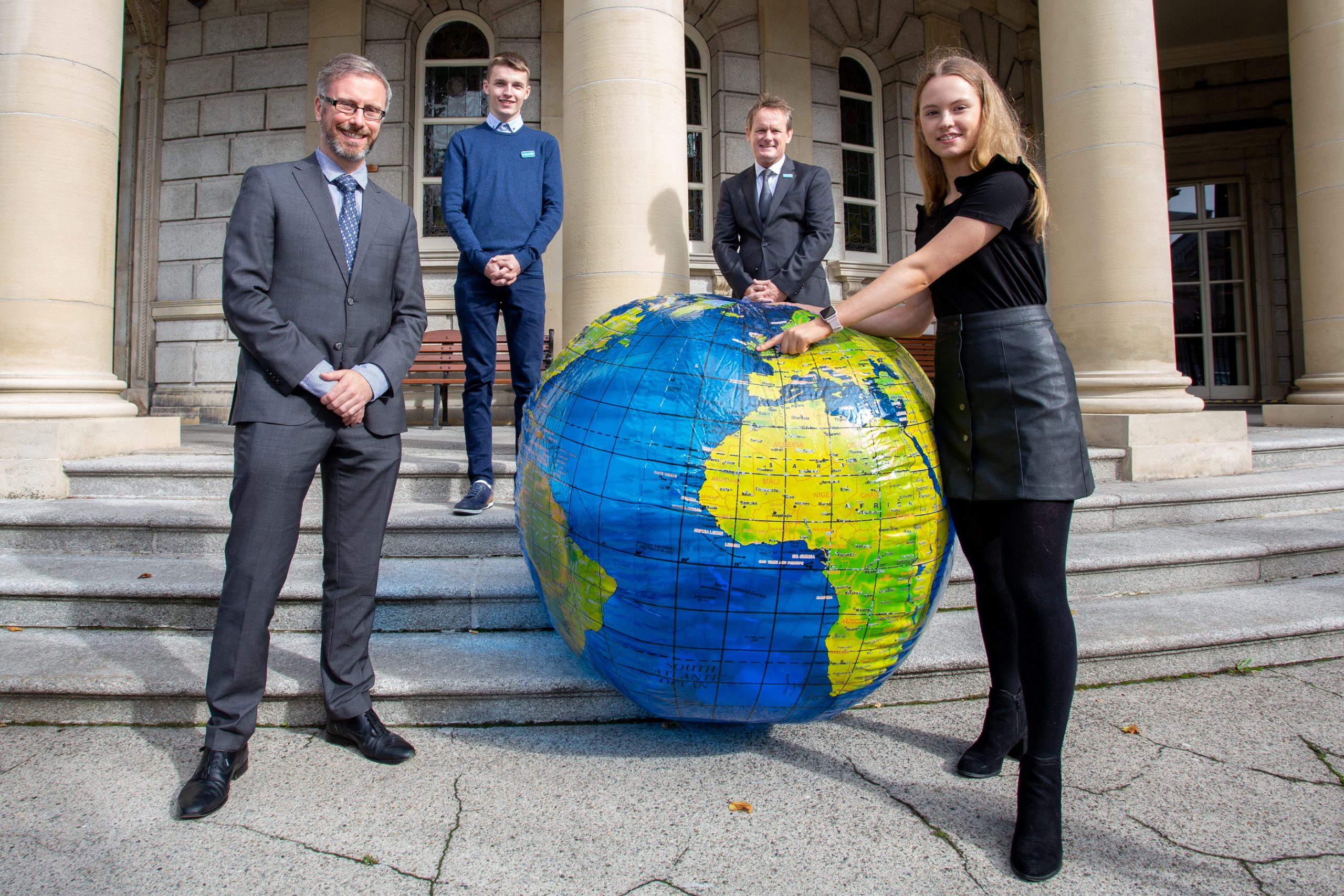Children in Ireland are protected by various national and international laws and policies that uphold their rights. The United Nations Convention on the Rights of the Child, ratified by Ireland in 1992, provides a framework for ensuring that children’s rights are upheld, including the right to education, healthcare, and protection from harm. The Irish Constitution also recognizes the rights of the child and requires the State to safeguard those rights. Ireland also has a range of laws and policies in place to protect children from abuse and neglect, including the Children First Act 2015 and the Child Protection and Welfare Act 2018.
UNICEF’s advocacy work in Ireland focuses on safeguarding children’s rights and enabling them to reach their full potential. To achieve this goal, UNICEF raises awareness about the various challenges that children face in Ireland, including issues such as child poverty, access to healthcare, and mental health. UNICEF’s advocacy efforts aim to inspire action on these issues and drive positive changes that will benefit children in the country.
Apart from raising awareness, UNICEF also engages in policy and legislative advocacy to promote and protect the rights of children. By working together with government agencies, civil society organizations, and other stakeholders, UNICEF aims to influence policy changes that will positively impact children in Ireland. Through its advocacy work, UNICEF strives to ensure that every child in Ireland has the opportunity to flourish and achieve their full potential.
The Convention on the Rights of the Child
For over three decades, the Convention on the Rights of the Child (CRC) has been a significant catalyst for change in improving the lives of children globally. The CRC has motivated governments to reform laws and policies, resulting in improved access to healthcare and nutrition for children, stronger safeguards against violence and exploitation, and greater participation of children in society. To further support the advancement of children’s rights, the CRC mandates that every country is reviewed by a committee of 18 impartial experts every five years. During this review, the state, civil society, and children present reports to the committee and participate in discussions concerning the progress made in upholding children’s rights. The committee subsequently provides recommendations on improving children’s rights, known as the Concluding Observations, which hold governments accountable and provide guidance on the most effective ways to address current issues concerning children’s rights.
UNICEF recognizes the importance of incorporating children’s perspectives into the CRC review process. To achieve this, UNICEF has facilitated the submission of reports by children and their participation in the Committee’s sessions to voice their concerns about issues such as inequality, discrimination, poverty, healthcare, education, climate justice and well-being. This ensures that children’s experiences and opinions are given due consideration and that their voices are heard and reflected in the Committee’s recommendations.
UNICEF Report Cards
Comparing child well-being in Ireland with other wealthy nations
UNICEF’s Report Cards are a series of publications that provide an in-depth analysis of the state of child well-being in different countries. The report cards are designed to provide a comprehensive overview of key indicators of child well-being, such as health, education, and poverty, and to track progress over time. Each report card compares a particular country’s performance on these indicators with other countries in the region or around the world. UNICEF’s report cards are widely used by policymakers, researchers, and civil society organizations to inform policy and advocacy efforts aimed at improving the well-being of children. By shining a spotlight on the challenges facing children and the progress being made, these report cards play an essential role in advancing the rights and well-being of children worldwide.
The latest Report Cards are available via the links below, providing analyses of several critical issues, including environmental sustainability, child well-being, educational inequality, and progress towards the Sustainable Development Goals. The complete collection of reports is available on the website of the UNICEF Office of Research Innocenti. This comprehensive series provides detailed insights into various aspects of child well-being.

Child Led Advocacy
UNICEF places a significant emphasis on building the capacity of children and young people so they are actively involved in advocating for their own rights and issues that affect them. We ensure they take a leadership role in identifying and addressing problems, and developing strategies to create positive change. Child-led advocacy recognizes children as experts in their own lives and encourages their participation in decision-making processes that affect them. It also involves providing children with the necessary knowledge, skills, and platforms to voice their concerns and engage in meaningful dialogue with decision-makers, policymakers, and other stakeholders.

